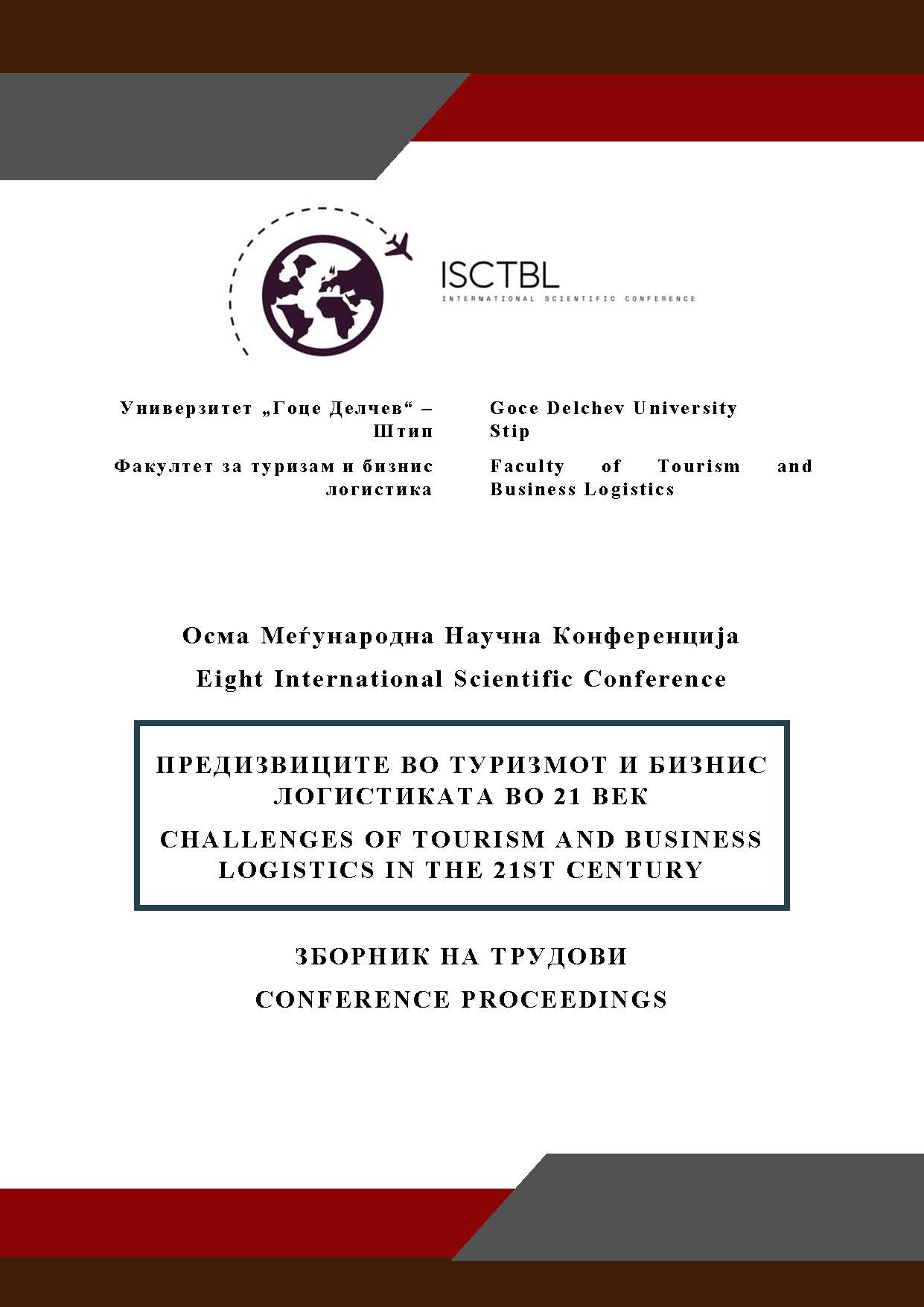Machine Learning Methods for Predicting Circular Economy Performances of the Western Balkan Countries
Abstract
The transition toward a circular economy (CE) in the Western Balkans is essential for aligning environmental performance with European Union sustainability objectives. This study applies machine learning (ML) techniques to predict and assess the circular economy performance of selected Western Balkan countries using key indicators from EUROSTAT: Resource Productivity, Waste Generation, and the Recycling Rate of Municipal Waste. Leveraging supervised learning models such as Random Forest Regression and XGBoost, the analysis reveals that resource productivity in the region lags behind the EU average, with values typically below 0.9 EUR/kg, indicating significant inefficiencies in transforming resource use into economic value. Model performance metrics suggest strong predictive capability, with R² scores exceeding 0.85 for all three indicators in training datasets, and RMSE values remaining within acceptable thresholds during cross-validation. The results highlight the value of machine learning for developing evidence-based policy interventions, benchmarking progress, and guiding resource efficiency improvements in line with CE principles. The study also underlines the need for better data integration and institutional support to enhance predictive accuracy and policy responsiveness in the region. Future research should prioritize the development of advanced forecasting models that combine machine learning with time-series analysis and system dynamics to simulate and anticipate circular economy performance over time. Integrating macroeconomic variables and environmental impact indicators could improve model robustness and interpretability. Expanding datasets with region-specific policy measures, socio-economic characteristics, and infrastructural readiness would provide deeper insights into country-level drivers and barriers. Ultimately, predictive modeling must be coupled with transparent dashboards and decision-support tools for policymakers, enabling real-time scenario planning and strategic intervention toward CE transition goals


